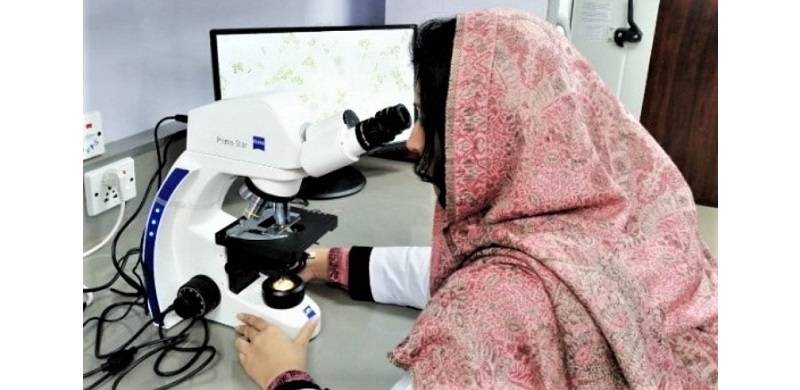
Academic advancement signifies that one's academic achievements are recognised in the actual world. Academic acknowledgment has a specific meaning for scholars: it signifies that one's research findings have been acknowledged by the academic community, and it is a requirement for gaining the appropriate professional prestige, social standing and other privileges. Research contribution is one of the important aspects of academic promotion. However, most academicians are focused on numbers than on quality.
To preserve and improve the quality and efficiency of higher education, research should be judged on effectiveness and quality rather than quantity. As an academic, I urge the Higher Education Commission (HEC) of Pakistan and universities to develop a comprehensive policy to foster high-quality research, rather than judging success merely on the number of publications.
To preserve and improve the quality and efficiency of higher education, research should be judged on effectiveness and quality rather than quantity. As an academic, I urge the Higher Education Commission (HEC) of Pakistan and universities to develop a comprehensive policy to foster high-quality research, rather than judging success merely on the number of publications.
- Instead of the number of publications, the criteria should be set to provide more weight to the publications as first author or corresponding author. Weightage should be assigned according to the sequence of authors in publications. To some extent, this will put an end to the practice of faculty members seeking collaborators who will share the expense of publication in exchange for being listed as second and third authors. This will also reduce the degree of 'ghost writing.'
- Faculty members must also publish articles as ‘Sole Authors,’ which will demonstrate their ability to conduct research independently. A high score should be awarded to the researcher for similar efforts by publishing in a reputable journal (s).
- The faculty members should be encouraged to grab research projects from international organisations/agencies. As the peer review process of such projects is more rigor, double-blind and quality-based. Additional points/marks should be awarded to the principal investigator for such effort.
- The university should create a list of journals or use internationally recognized journal lists such as 'ABS' or 'ABDC' (applicable exclusively to economics and business) for publications that are internationally recognized and developed on various parameters, ensuring journal quality. Importantly, the impact factor of journals isn't as significant in this case. The principal/corresponding authors' contributions to the suggested list should be recognized and honored by the institution.
- The faculty member should attain an H-index of 8 to 10 for advancement from Assistant Professor to Associate Professor, and an H-index of 15 for promotion from Associate Professor to Professor. The H-index is a metric that compares publications to citations to determine the quantity and quality of an author's scholarly output and performance.
- Similarly, for promotion to the cadre of Assistant Professor, the faculty member must have 250 citations, and for advancement to professor cadre, 500 citations. This will demonstrate the researcher's research work's effectiveness and recognition.
- Faculty members should also publish book chapters during their careers. A book chapter allows you to focus on engrossed readers from a diverse range of backgrounds instead of focusing on reviewers and academic colleagues. It aids in the development of strong writing skills that, as you gain confidence and advance in your academic career, may lead to the publication of a full book.
- Additional efforts, for instance, writing for newspapers/magazines in relevant professional fields should also be encouraged and recognized for the career progression.
- The single-blind review system for the Ph.D. thesis should be changed to a double-blind review system. The rationale behind a double-blind review is that it is more difficult to discriminate against individuals when their names and affiliations are concealed.
- Either HEC prohibits institutions from evaluating Ph.D. theses from outside Pakistan, or if it is required, it must come from a foreign faculty member (not of Pakistani origin) working abroad.
- Along with the theses, reports, comments, and response sheets should be made public (as part of the thesis). For this purpose, HEC/Universities may recommend a proforma.

